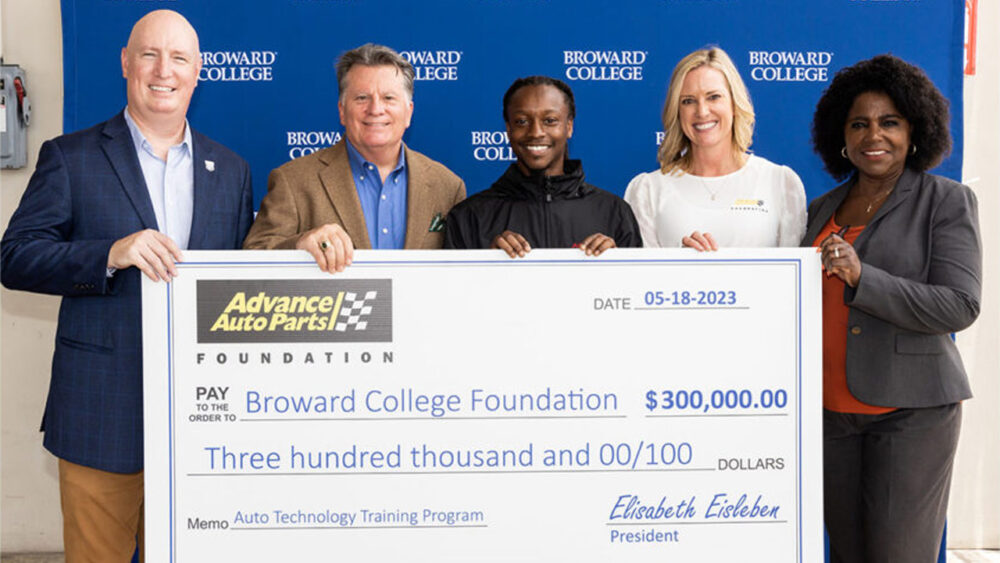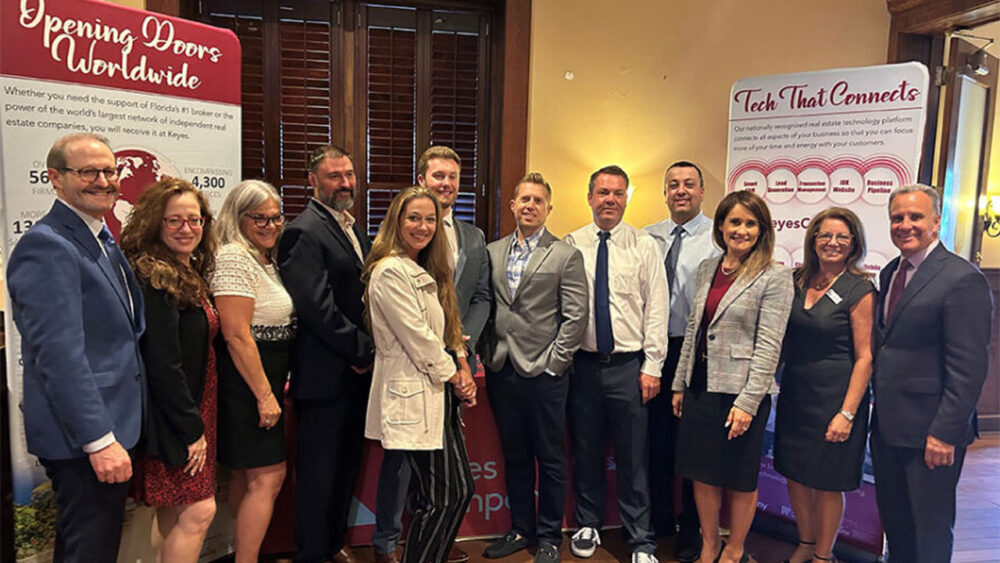Fares start at $79 for adults and $39 for kids.
Miami to Orlando Tickets Now Available for Purchase From Brightline


Fares start at $79 for adults and $39 for kids.

The donation will help fund student scholarships, recruitment efforts and needed tools and equipment.

Dora Puig of Luxe Living Realty represented Sabal Development and the buyer in the transaction.

Sunnyside allows patients to browse, uncover, and buy a wide range of high-quality medical cannabis products.

Sponsorship, volunteer, and advertisement opportunities are open to corporations, community groups and individuals.

This acquisition is the second Boca Raton-based brokerage to join Keyes in 2023 after the firm merged the 60-agent Mizner Grande Realty into its existing Boca Raton office.

The premium line’s new ship joins Celebrity Beyond to add to its acclaimed Edge series of oceanliners.

“Our bespoke 737s offer the zenith of shared private travel both in personal space and in-flight service. From Loro Piana bedding to cut crystal glassware, ours is the finest service in the sky,” says Fleet Clubs co-founder and CEO Bernard Schwartz.

Grenier will oversee the beachside resort’s signature restaurant, Burlock Coast.

Don’t miss out on the latest collection of Colombian brands, sustainable swimwear that benefits Miami’s coral reefs and a coastal cowboy collection.